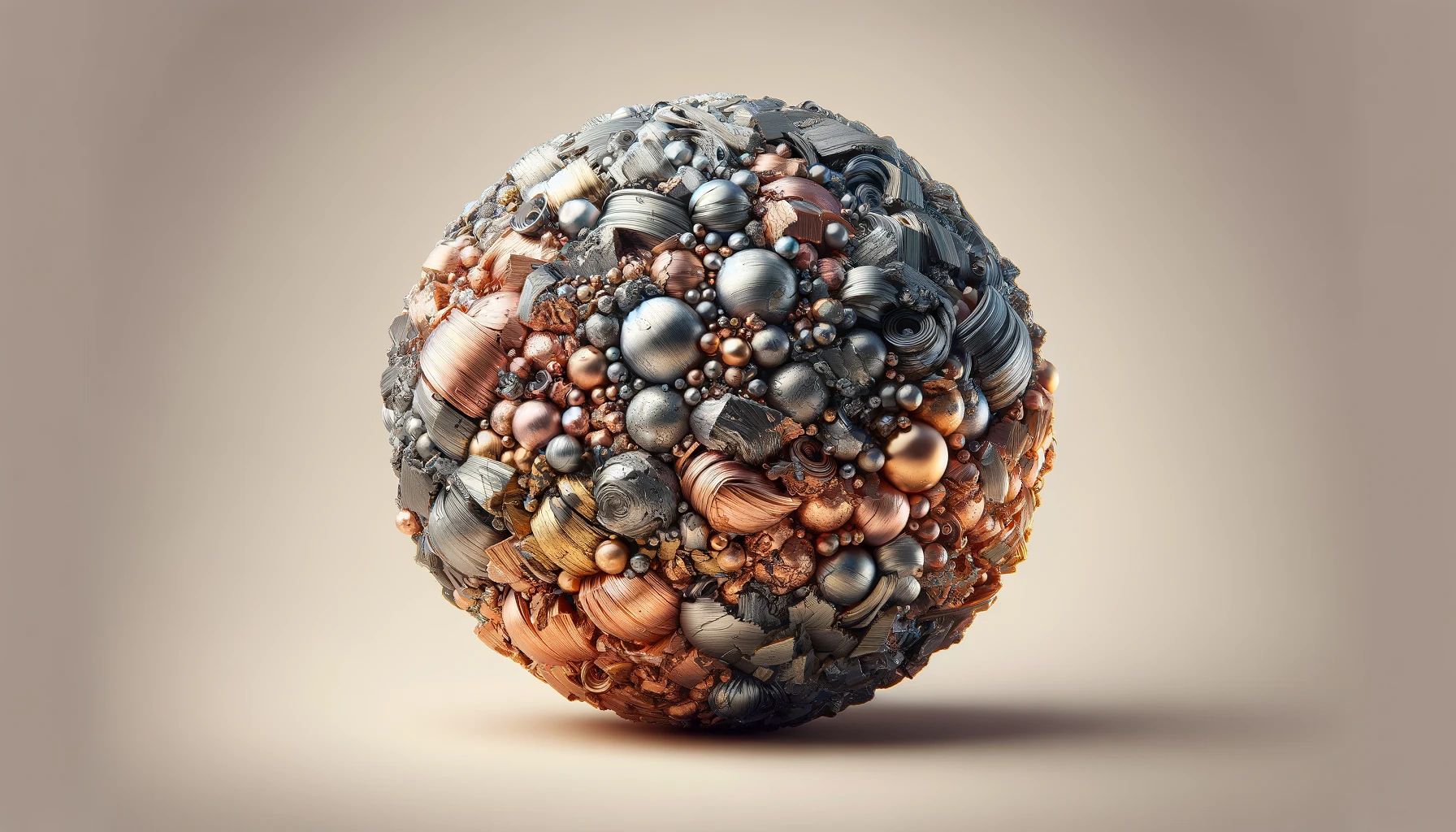Pot Metal
Pot metal refers to inexpensive metal alloys with a low melting point, often used in costume jewelry and decorative items.
- Part of speech
- noun
- Definition
- Pot metal, also known colloquially as monkey metal, white metal, or die-cast zinc, is a term used to describe a variety of inexpensive, non-durable alloys that are mainly used in the manufacturing of costume jewelry and decorative objects. These alloys typically have a low melting point, which makes them easy to cast into complex shapes, but they can be prone to corrosion, wear, and damage over time. The composition of pot metal can vary widely, but it often includes a mixture of zinc, lead, copper, tin, and cadmium. Due to its affordability and versatility, pot metal is popular in the production of items where the cost is a significant concern, and the longevity and structural integrity of the material are less critical. However, its use is decreasing in contexts where safety and durability are prioritized, given its potential health risks and the lack of robustness.
- How it looks
-

Pot metal, also known as die-cast metal, can technically be welded, but it is challenging due to its low melting point and the mixture of alloys it contains. Specialized techniques and soldering materials designed for lower temperatures are often required to successfully weld pot metal without causing damage.
Repairing pot metal requires careful application of low-temperature solder or specialized epoxies designed for pot metal repair. The surface must be clean and properly prepared before applying the solder or epoxy to ensure a strong bond.
Welding pot metal can be challenging due to its low melting point and the mixture of alloys it contains. The process typically requires using a low-temperature soldering technique or specialized rods designed for pot metal, along with a careful application to avoid overheating and damaging the material.
Pot metal, also known as white metal, is generally not magnetic because it is primarily composed of non-ferrous metals such as lead, tin, cadmium, and zinc. However, its composition can vary, and if iron or steel is added, it may exhibit slight magnetic properties.
Related words
© 2024 All rights reserved.